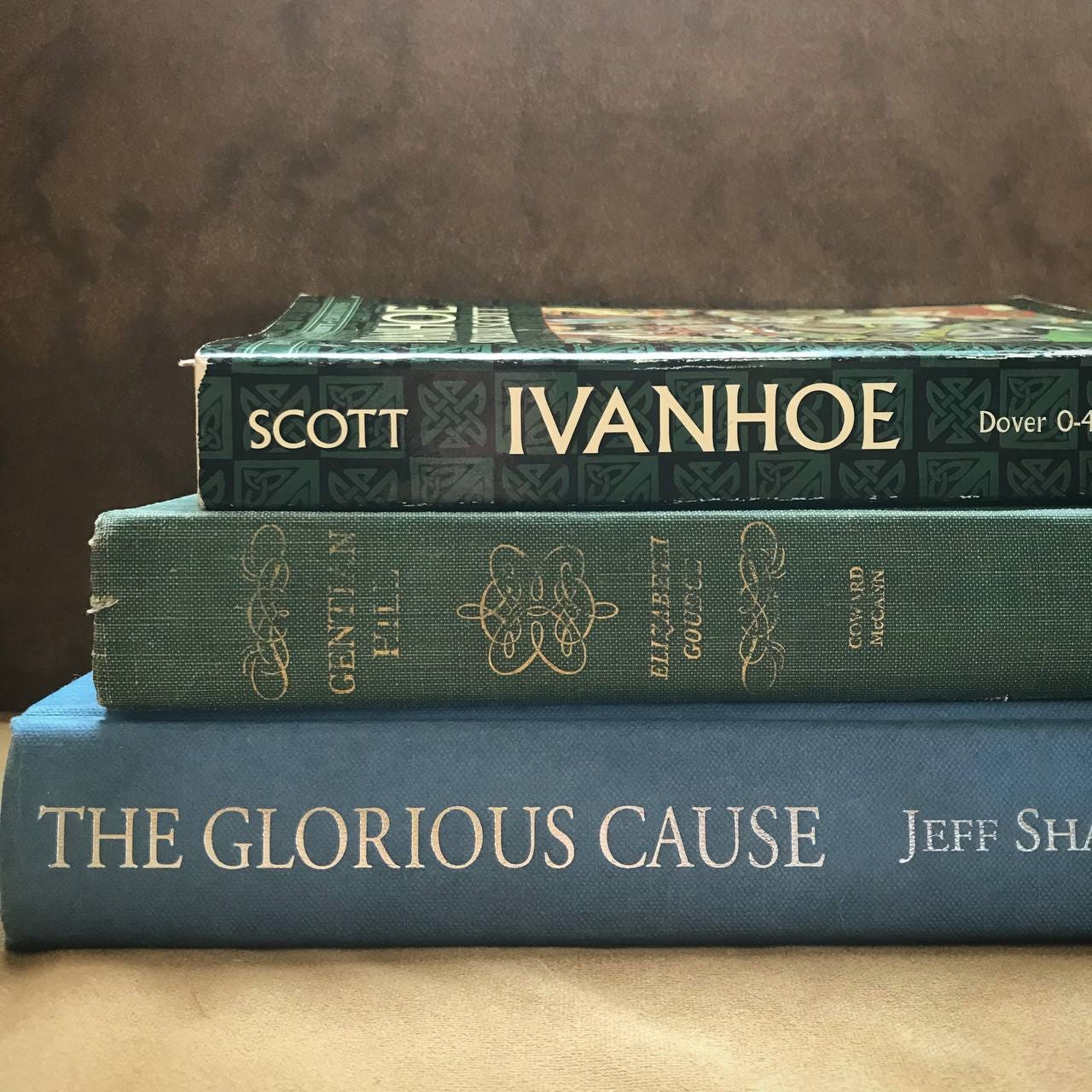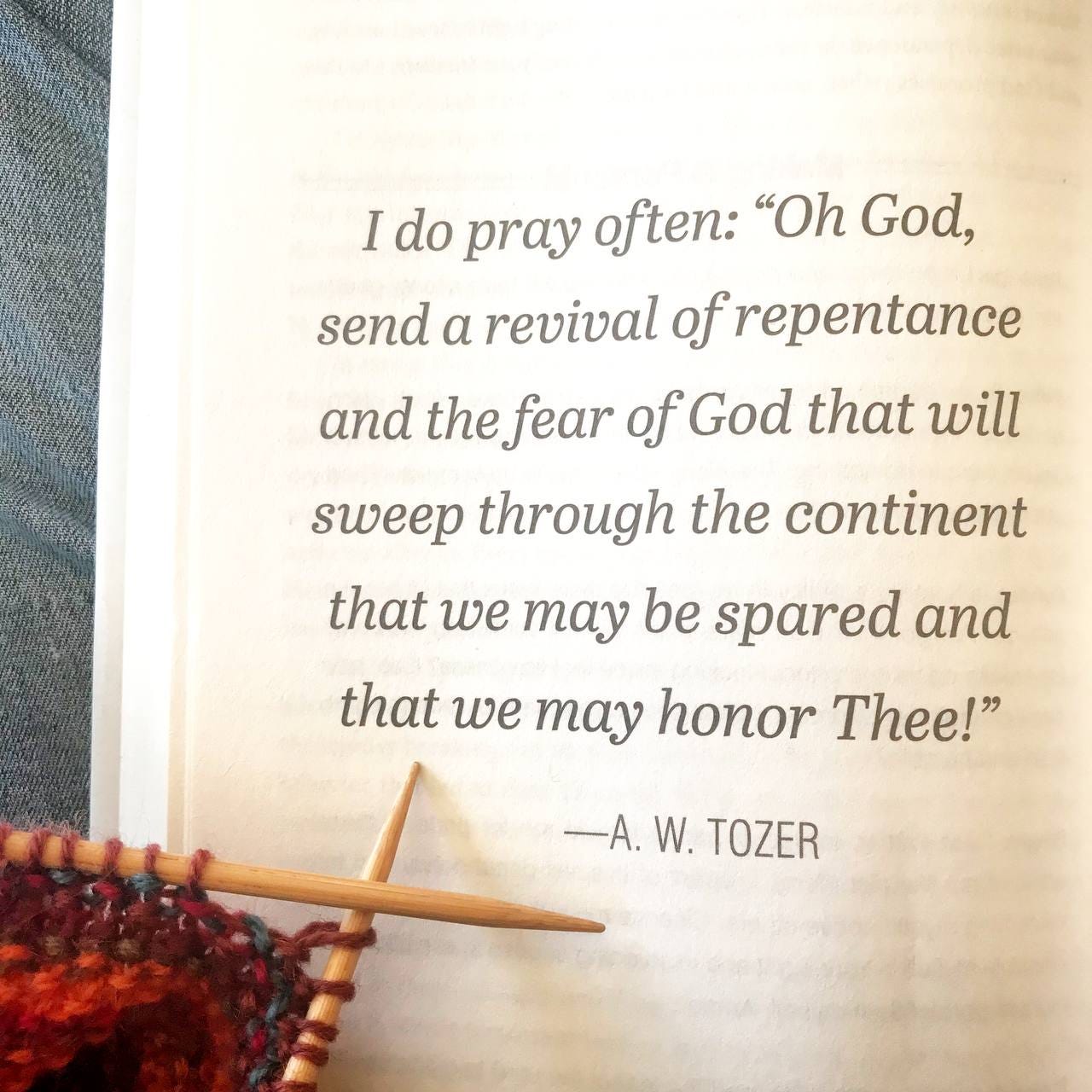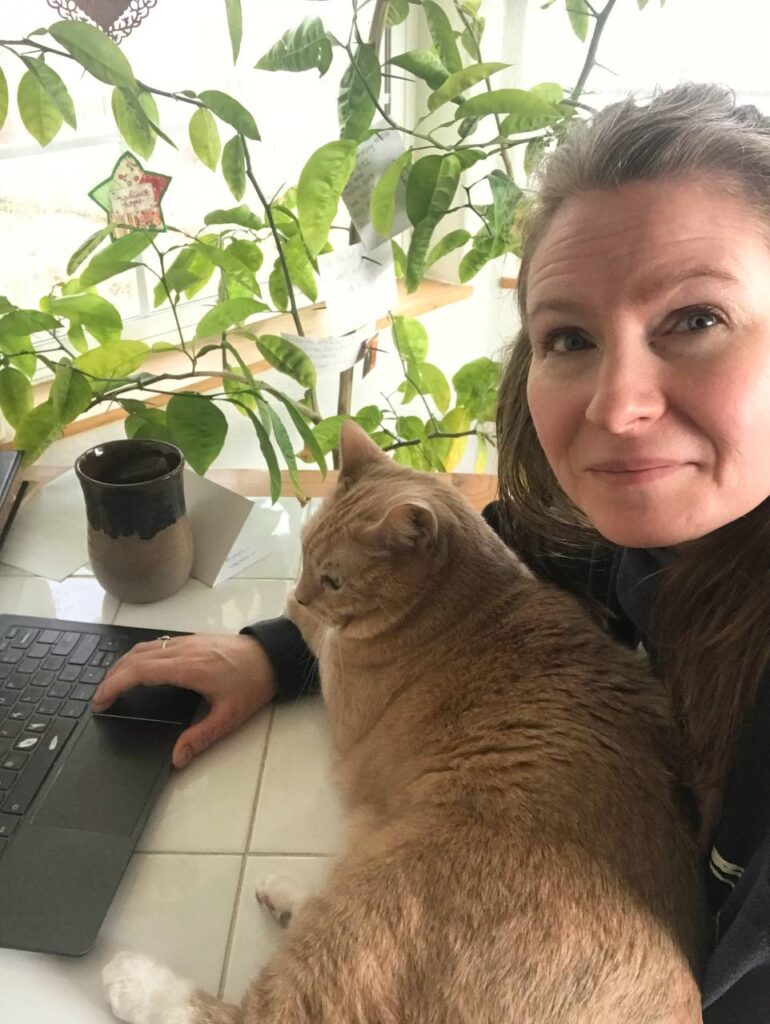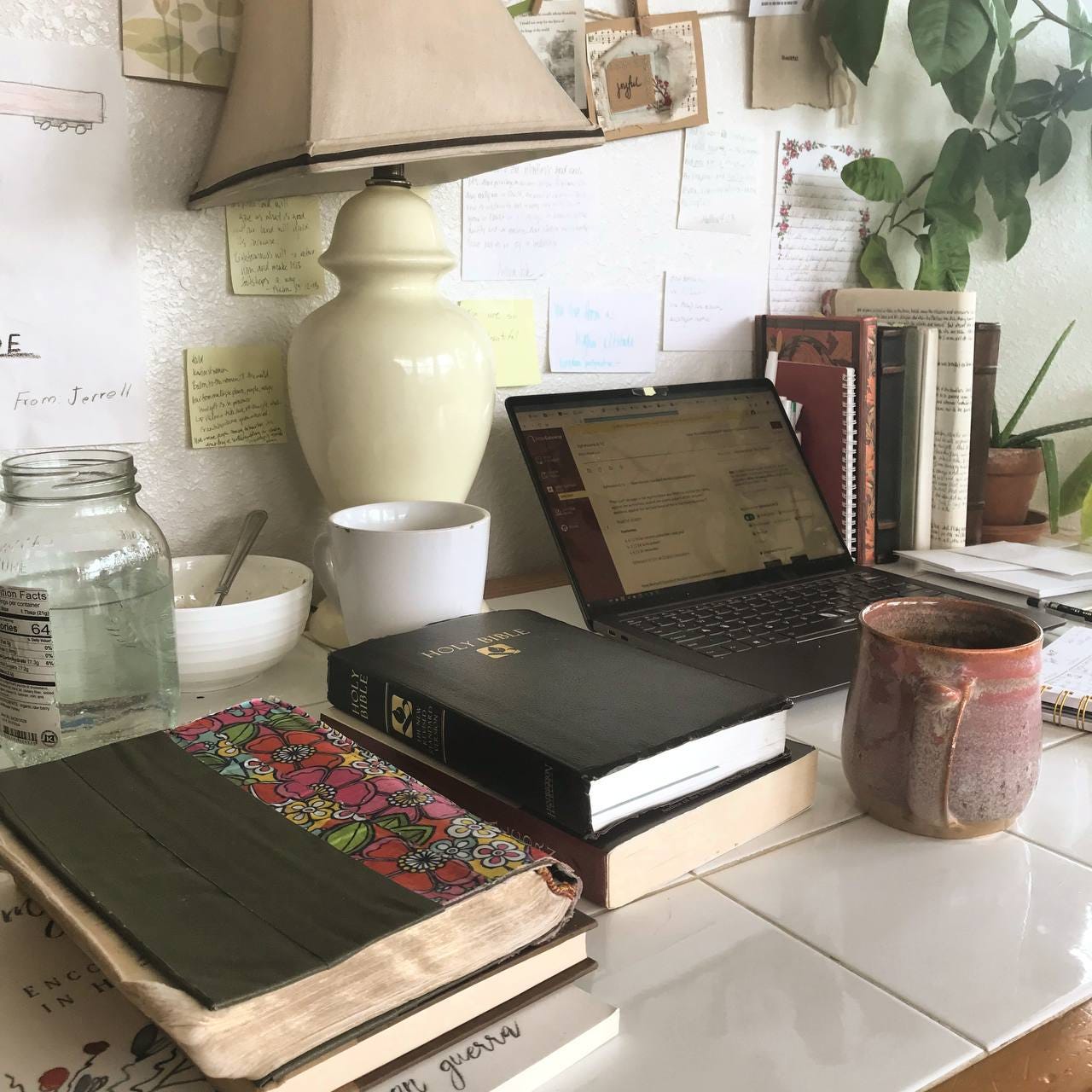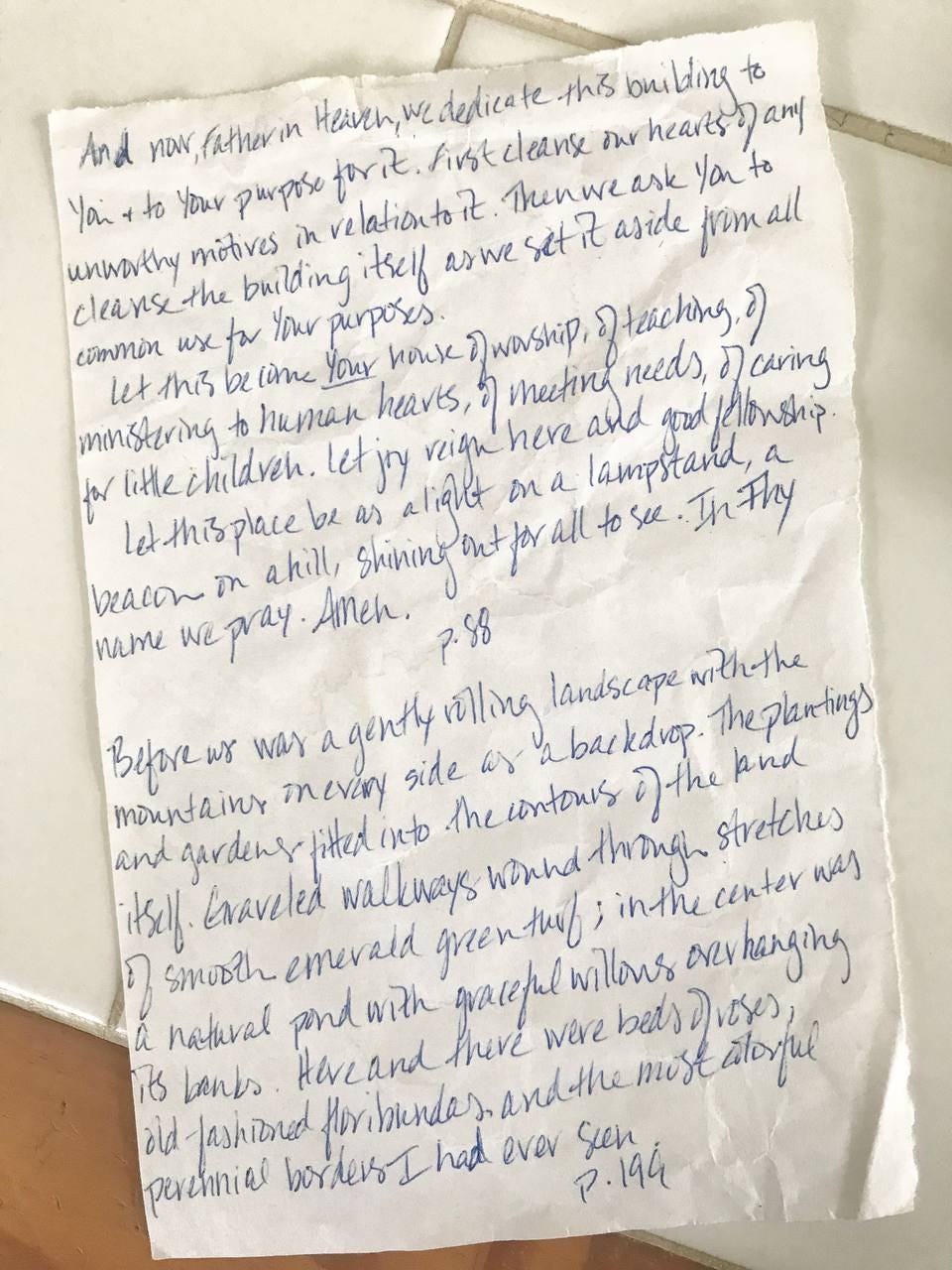After about four years, I still don’t have a great relationship with our wood stove. Because of our home’s configuration, the stovepipe veers horizontally out the exterior wall before going up again, and this jog creates issues. If the fire isn’t prepped right (more on this in a minute) the smoke floats out of the vents and fills the house, rather than going pleasantly up the chimney like it’s supposed to.
So when the kids ask if we can light the wood stove, I generally put them off. Not this weekend, maybe another time, I don’t really want to suffocate on smoke right now. Let’s save it for an emergency power outage in winter, okay?
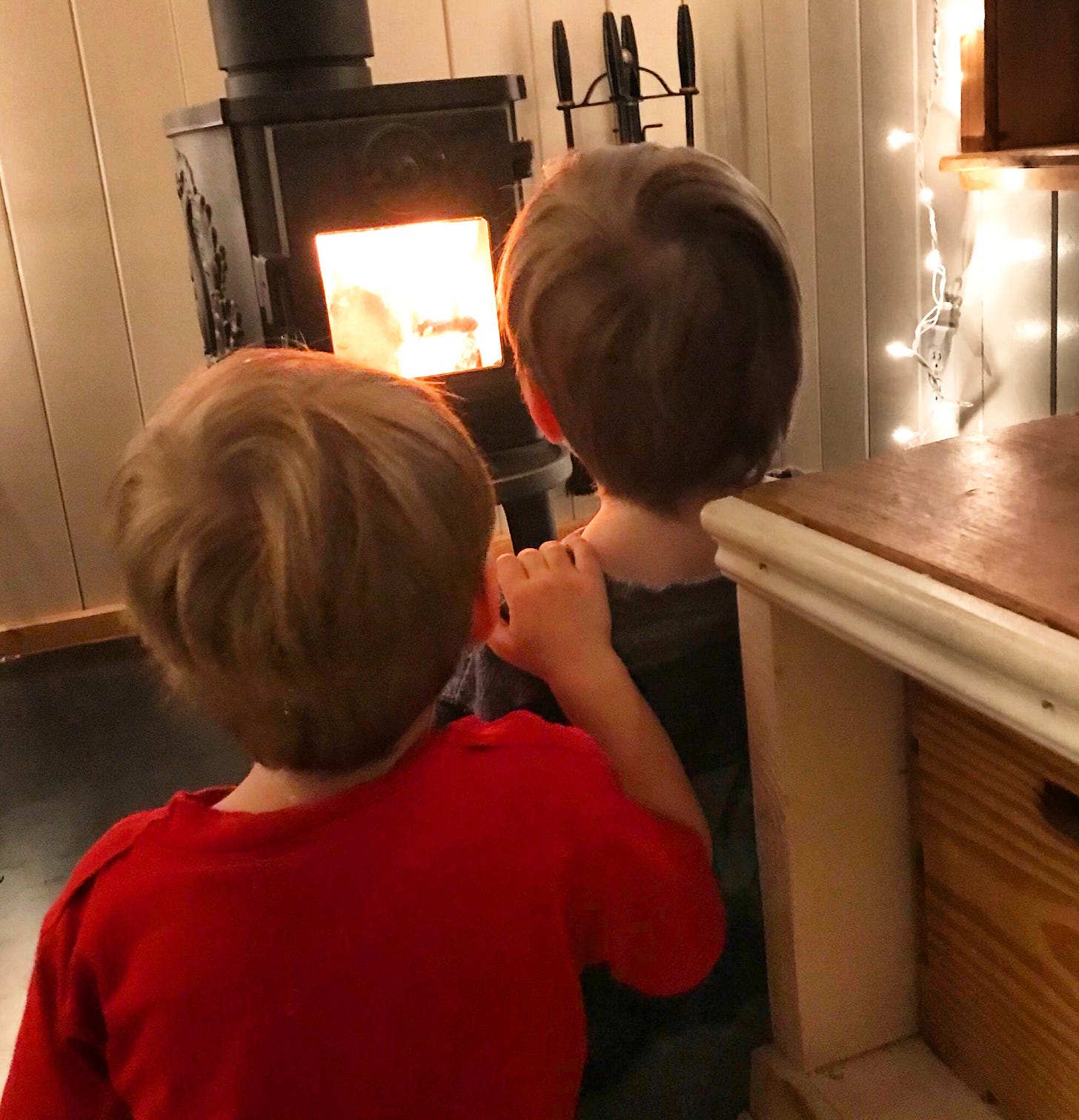
Right, like that’s the perfect time to open the windows to air out the house. In the middle of winter on those really cold days, the temperature rises to 2 above in the sun. If someone opens the door, frosty air billows in and visibly rolls across the floor…so that’s definitely not when we want to open all the windows to clear the smoke out.
But now that it’s May, it is the perfect time to mend my relationship with the wood stove. I want to be storm ready, and maintain a cozy atmosphere in every part of the year. So we need to be in the habit of prepping the wood stove, which entails preheating the back area of it with a mini blowtorch – maybe you can see why I’ve been stubborn about this, because the irony of needing to preheat a wood stove annoys me for some reason – so the air gets warm enough to rise up the pipe and create a current strong enough to push past that sideways jog. It’s just basic science. (But also, annoying.)
When the fire is lighted in the fireplace, the air contained in the chimney is warmed, becomes lighter, and rises. The hotter the air and the higher the column of heated air, the more powerfully it rushes upward.
– Jean-Henri Fabre, The Secret of Everyday Things
I was thinking about this last Sunday, about the atmosphere we create – or rather, partner with God and others in creating – as we worship. The songs, the prayer, the attention goes up…or they’re supposed to, at least.
At the same time that the hot air rises, cold air, which is heavier, flows toward the fireplace, accelerates combustion, becomes warm in its turn, and joins the ascending column…To this incessant flow of air through the fireplace we give the name ‘draft.’
– Jean-Henri Fabre, The Secret of Everyday Things
Our attention toward Jesus creates the momentum of a current. My eyes are on Him, your eyes are on Him, the smoke rises. The room is warmer, vision is clearer.
But our distraction – wondering what others think of us, what our kids or other people are doing, wondering how we sound or when the song will be over – is cold air that blows attention sideways and down, disrupting the draft and pulling smoke into the room, distracting us and others.
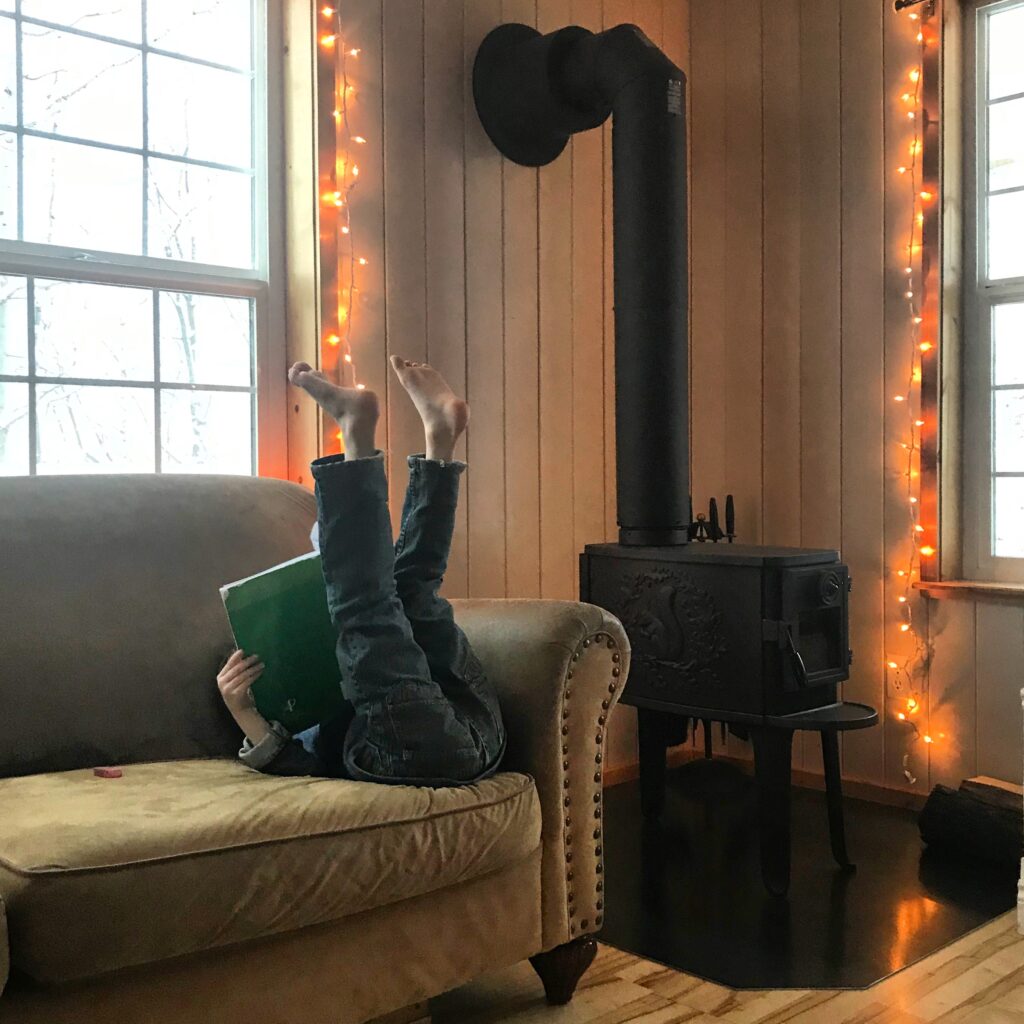
In that case, we choke and stifle on what God is wanting to do. Rather than joining in with the worship that is actively and always occuring, we hold back…and in so doing, we hold others back, too.
Maybe I sang too loud. She’s clapping off rhythm. I hate clapping. Ugh, this song again. If our attention isn’t vertical, it’s sideways.
This cold air necessarily lessens the draft by mixing with the hot air and lowering its temperature, or it can even blow smoke back into the room.
– Jean-Henri Fabre, The Secret of Everyday Things
And it’s not just worship during church services, but in our everyday abiding we also create a current and shift the atmosphere. Our spouses, kids, and coworkers know when our attention is directed upwards.
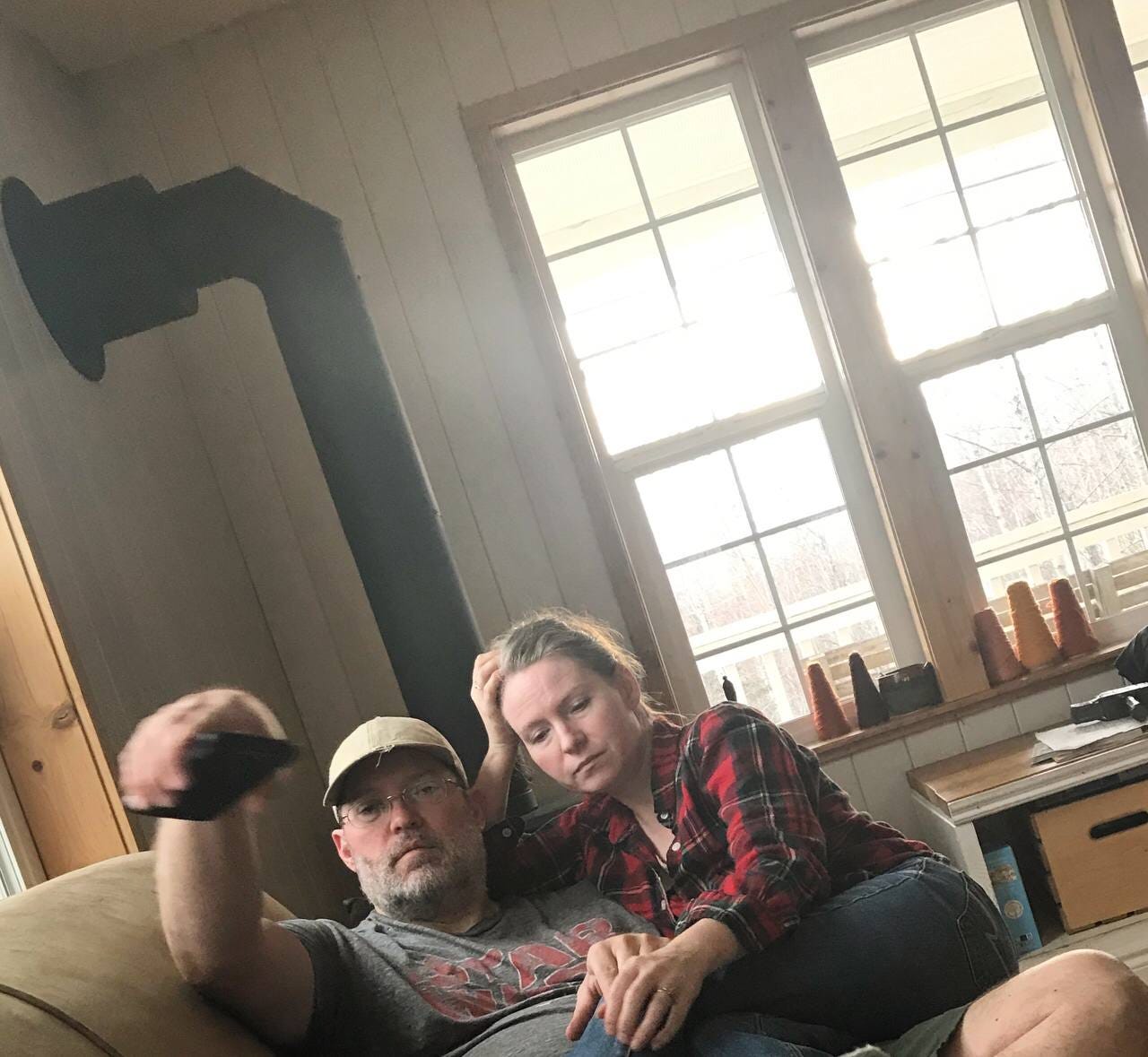
Over the years, especially in hard seasons, I’ve noticed with my kids that if I’m in a funk, they follow. Or, if they are dwelling in gloom or malaise and I’m not attuned to it, I follow them and get sucked into it, too – thus abdicating my leadership in setting the atmosphere.
On those really difficult days I have to find small things to strengthen the draft, like drinking a few gulps of water, memorizing a short verse, washing a couple dishes. Picking up a tiny area. It’s how Holy Spirit taught me to retake authority, take back the land, in small increments at a time. We redirect our attention to what He is doing and what He wants to do – often in creating beauty and order – and the smoke starts to clear again.
Finally, brothers and sisters, whatever is true, whatever is honorable, whatever is just, whatever is pure, whatever is pleasing, whatever is commendable, if there is any excellence and if there is anything worthy of praise, think about these things.
– Philippians 4:8
We make room for Him. The thorns, cares, and distractions of the world are clutter in our minds that overflow around us, choking out space, focus, and simplicity. So we surrender them: Lay them on the altar, let them pass through the fire. Some can be picked up again after our vision has cleared and we know what to do with them, and others need to burn entirely.
This is how we redirect the current upward, and clear the air, the congestion, the smoke in our eyes that prevents us from seeing.
So if you have been raised with Christ, seek the things that are above, where Christ is, seated at the right hand of God. Set your minds on the things that are above, not on the things that are on earth, for you have died, and your life is hidden with Christ in God.
– Colossians 3:1-3
Ephesians 4 puts it this way:
…to put away your former way of life, your old self, corrupt and deluded by its lusts, and to be renewed in the spirit of your minds, and to clothe yourselves with the new self, created according to the likeness of God in true righteousness and holiness.
– Ephesians 4:22-24
The things we’re stubborn about can get in our way and prevent us from creating the environment we really want and were made to live in. So we burn the old, earthly things so they can no longer stir up the current and blow smoke around, and thus we clear the room:
Put to death, therefore, whatever in you is earthly: sexual immorality, impurity, passion, evil desire, and greed (which is idolatry). On account of these the wrath of God is coming on those who are disobedient. These are the ways you also once followed, when you were living that life. But now you must get rid of all such things: anger, wrath, malice, slander, and abusive language from your mouth.
Do not lie to one another, seeing that you have stripped off the old self with its practices and have clothed yourselves with the new self, which is being renewed in knowledge according to the image of its creator.
– Colossians 3:5-10
Ephesians 4 parallels that, and gives us more heat to draw the current upward:
So then, putting away falsehood, let each of you speak the truth with your neighbor, for we are members of one another. Be angry but do not sin; do not let the sun go down on your anger, and do not make room for the devil.
Those who steal must give up stealing; rather, let them labor, doing good work with their own hands, so as to have something to share with the needy. Let no evil talk come out of your mouths but only what is good for building up, as there is need, so that your words may give grace to those who hear. And do not grieve the Holy Spirit of God, with which you were marked with a seal for the day of redemption. Put away from you all bitterness and wrath and anger and wrangling and slander, together with all malice. Be kind to one another, tenderhearted, forgiving one another, as God in Christ has forgiven you.
– Ephesians 4:25-32
I know this is a ton of scripture. But Ephesians is on one side of the room and Colossians is on the other, and both are shouting the same refrain: Make room and prepare the way of the Lord.
They praise God from one wall to the other, proclaiming the atmosphere we’re made to cultivate and walk in:
Therefore, as God’s chosen ones, holy and beloved, clothe yourselves with compassion, kindness, humility, meekness, and patience. Bear with one another and, if anyone has a complaint against another, forgive each other; just as the Lord has forgiven you, so you also must forgive.
Above all, clothe yourselves with love, which binds everything together in perfect harmony. And let the peace of Christ rule in your hearts, to which indeed you were called in one body. And be thankful. Let the word of Christ dwell in you richly; teach and admonish one another in all wisdom; and with gratitude in your hearts sing psalms, hymns, and spiritual songs to God. And whatever you do, in word or deed, do everything in the name of the Lord Jesus, giving thanks to God the Father through him.
– Colossians 3:12-17
Now is the time to prepare, wherever we are, so we and those around us encounter Him continually. To mix my metaphors, we are not thermometers, but thermostats – we’re not just here to read the room, but to shift it. So are our eyes, thoughts, and attention directed toward Him, toward His works, toward His will? Have we cleared the room so we’re not making ourselves or those around us choke on smoke we’ve stirred up?
We’re learning to set the atmosphere so when someone walks in, they’re not entering a cold space. We’ve prepped the wood stove, the fire is lit, and the current is already strong and headed upward. You’re here to worship, to see Jesus? Great, join us, it’s already happening.
If someone opens the door on a cold day and frosty air billows in, there’s a strong draft already in motion to carry it toward the fire, warm it, and send it higher. We’ve taken on the new life that continually rises. And with our attention drawn to Him, every moment is worship.


